Stanford Digital Economy Lab Spring 2022 Workshop: Avoiding the Turing Trap
Stanford University
April 19, 2022
Photography by Christine Baker
What will the workplace look like in 20 years with the rise of artificial intelligence and other digital technologies?
We find ourselves asking this question a lot at the Lab. And for the most part, we’re optimistic about AI’s impact on society. But there is cause for concern, especially if businesses and technologists focus mostly on using AI to automate existing tasks rather than augment human capabilities.
In the spring of 2022, the Lab brought together researchers and experts for our first-ever in-person event to explore the dangers of incentivizing automation far more than augmentation – something we call “the Turing Trap.”
The daylong workshop featured interactive panel discussions and presentations by Lab-affiliated researchers showcasing their recent work. Lab Director Erik Brynjolfsson opened the event by framing the opportunities and challenges of human-like AI. Nela Richardson, chief economist at ADP, closed the day with her keynote address, “AI’s People Problem.”
The top-line takeaway from the event? AI can positively benefit the future of work and society. However, we must focus on issues such as bias and economic inequality, and be mindful of the dangers of prioritizing automation over augmentation to achieve that goal.
Session 1 | Introduction
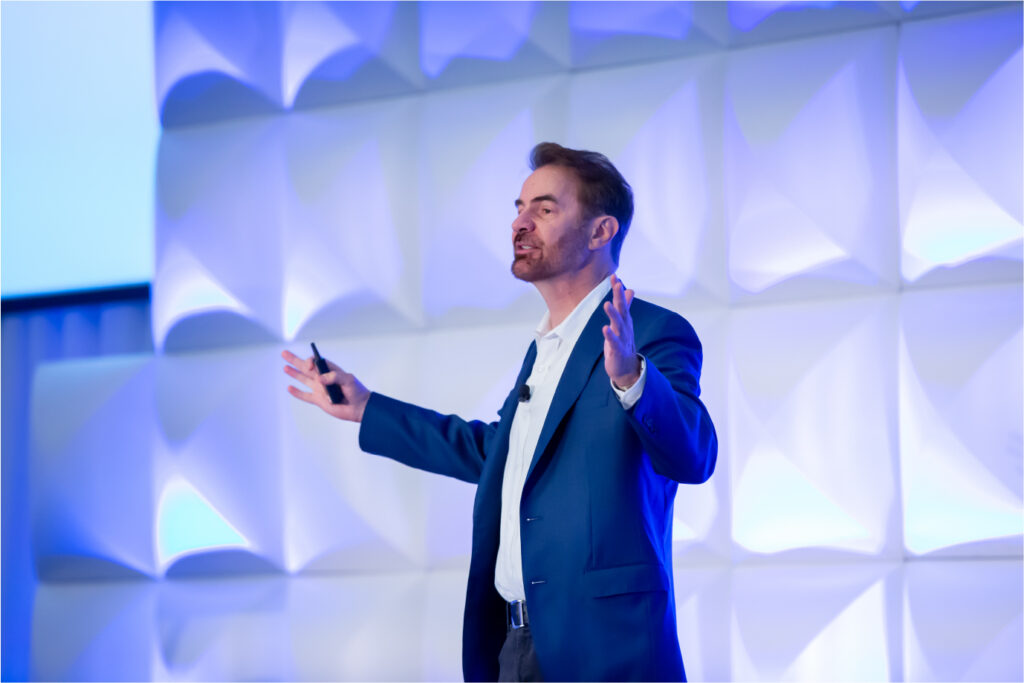
Not all types of artificial intelligence are human-like—in fact, many of the most powerful systems are very different from humans—and an excessive focus on developing and deploying human-like AI can lead us into a trap, says Erik Brynjolfsson, director of the Stanford Digital Economy Lab.
Brynjolfsson opened our spring workshop with his presentation, “Avoiding the Turing Trap: The Promise and Peril of Human-like AI.”
Related article: “The Turing Trap: The Promise & Peril of Human-Like Artificial Intelligence“
37 minutes
Session 2 | Panel Discussion
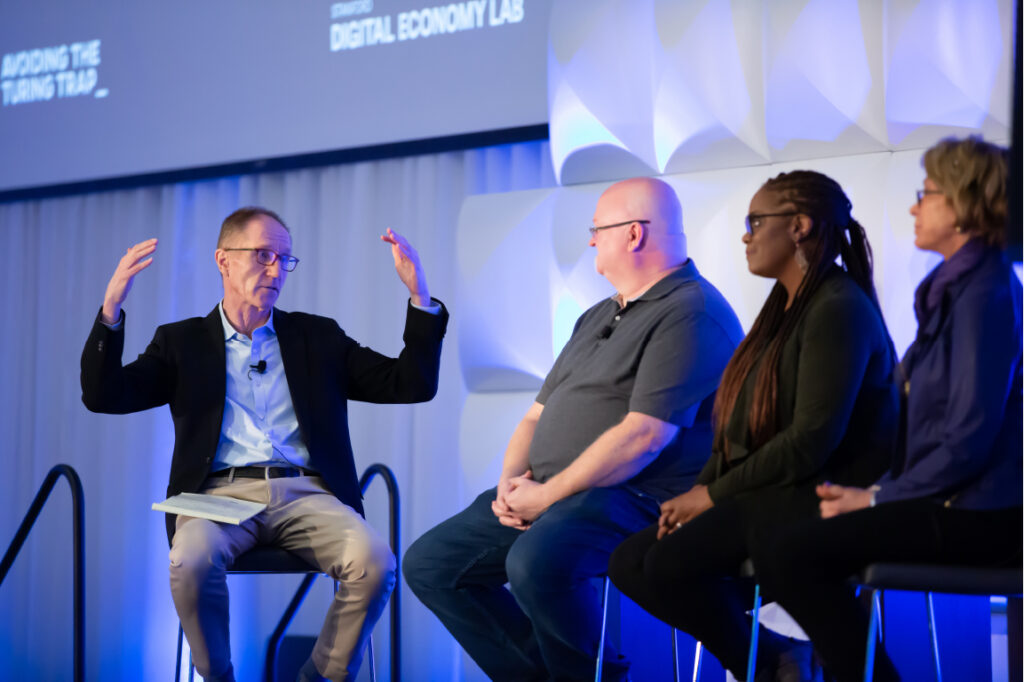
In our first panel of the day, “Reaping the Benefits of AI in the Future of Work,” panelists discussed some of the current methods used to develop human-centered technology and the difficult task of implementing technology that augments rather than automates. They also explored what stakeholders from across academia, industry, and policy can do to direct AI development toward more human-centered outcomes.
Session 3 | Exhibition
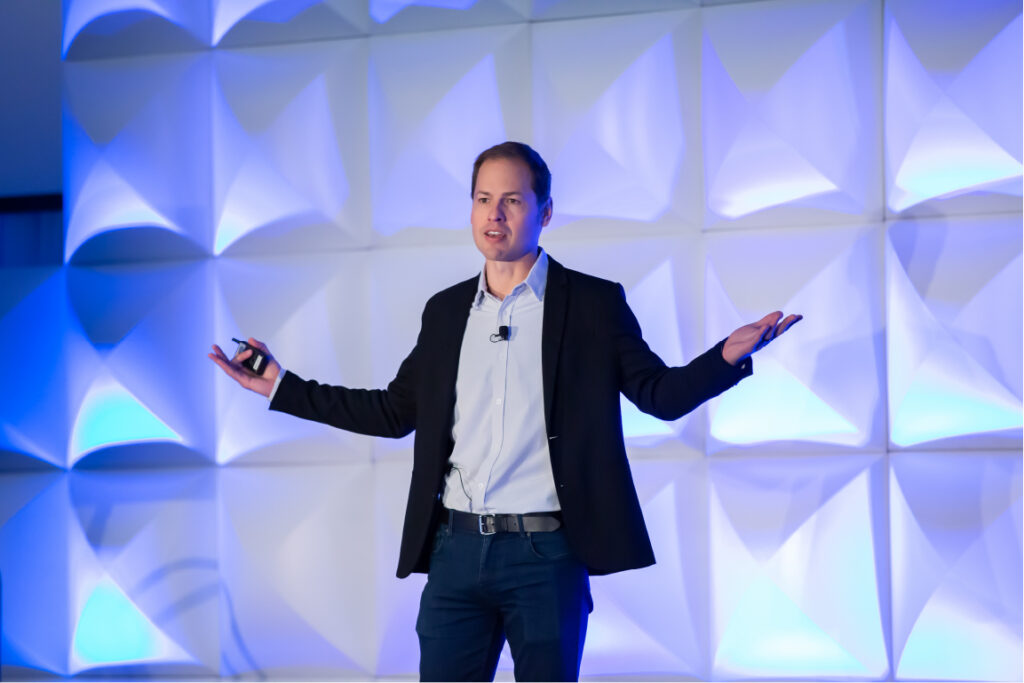
Scott Phoenix is co-founder. of Vicarious, the California-based startup that’s using the computational principles of the brain to build software that can think and learn like a human.
Session 4 | Fireside Chat
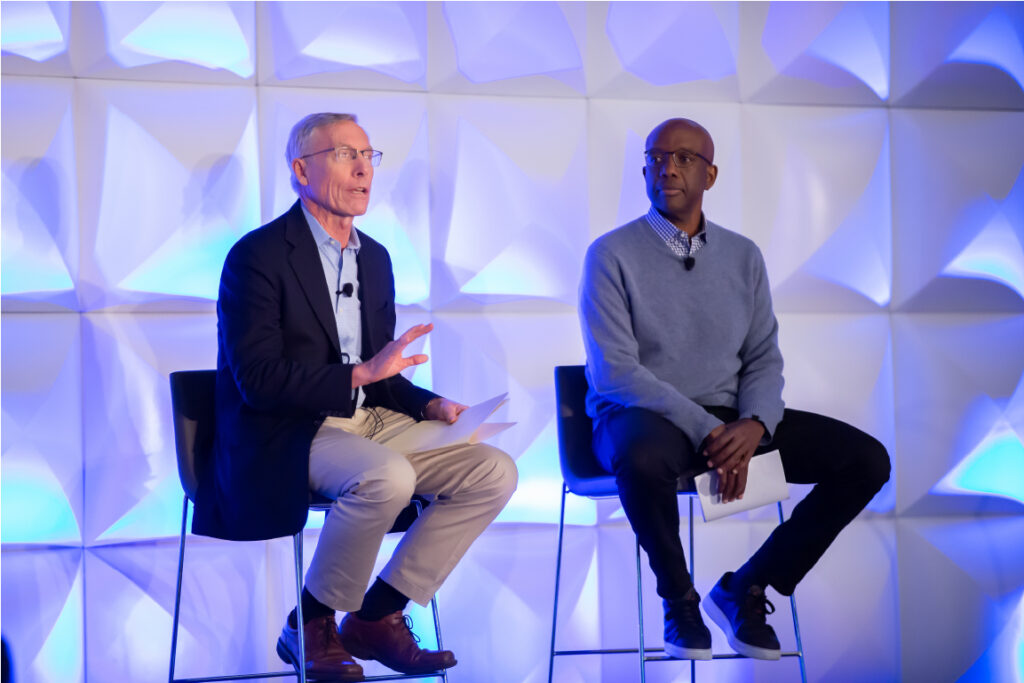
David Oxtoby and James Manyika took a deeper dive into “AI & Society,” the spring 2022 issue of Dædalus that explores AI’s effects on labor and the economy, its relationship with inequalities, its role in law and governance, its challenges to national security, and what it says about us as humans.

Director, Stanford Digital Economy Lab
Session 5 | Fireside Chat
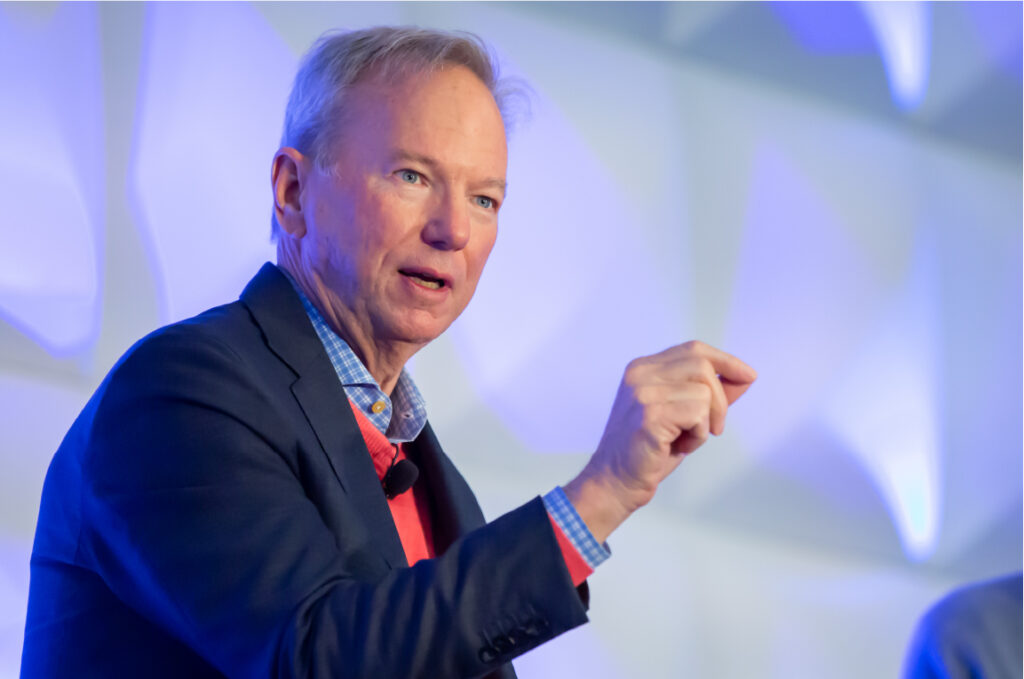
Eric Schmidt and James Manyika time-traveled into the future to imagine how AI would be a benefit to the society in the year 2050. The pair discussed what we must do now and in the future to overcome certain pitfalls and obstacles, such as bias, inherent with AI, machine learning, and other digital technologies.
Session 6 | Exhibition
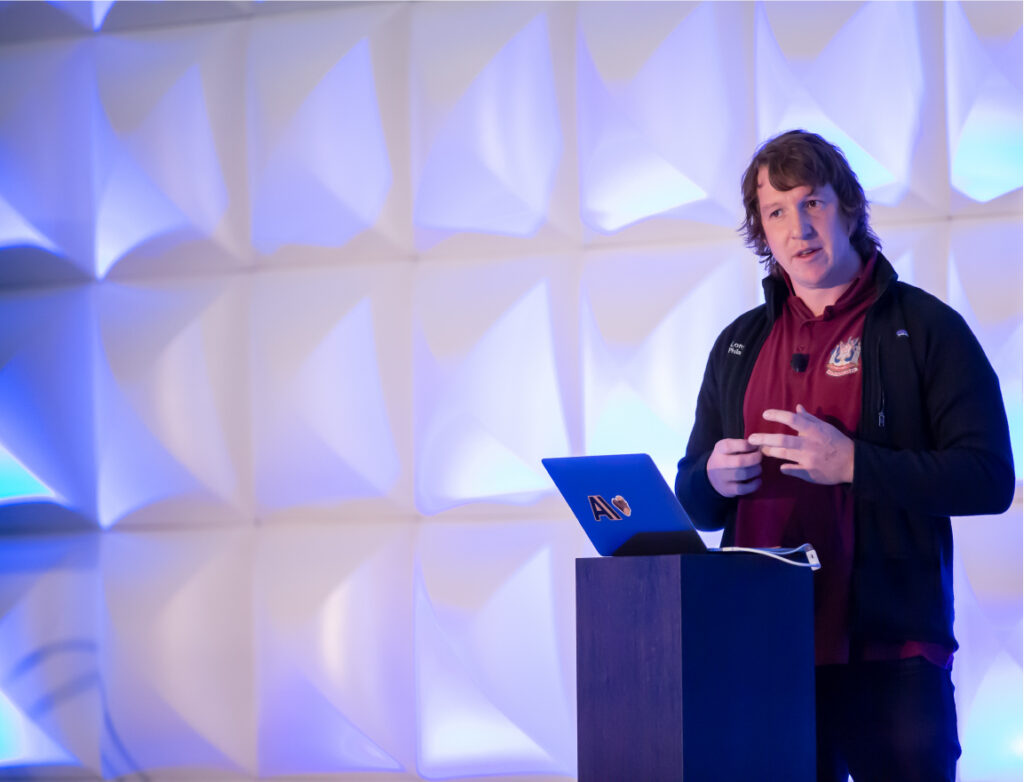
Jack Clark co-founded Anthropic, an AI safety and research company that’s working to build reliable, interpretable, and steerable AI systems.
Session 7 | Panel Discussion
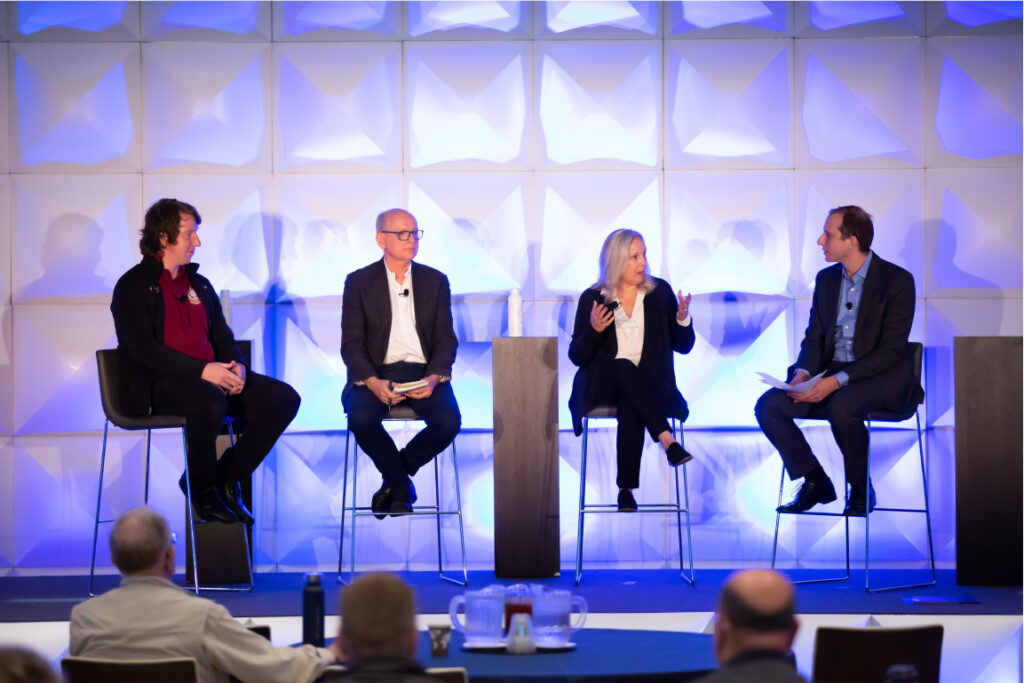
Benchmarks can have exceedingly high leverage in shaping a field. In the field of AI, a clear set of standards can accelerate progress and help guide it toward beneficial and inclusive outcomes. In this discussion, panelists touched on a range of conceptual and specific AI benchmarks that have the potential to shape the future of AI and its impacts on humanity.
Session 8 | Exhibition
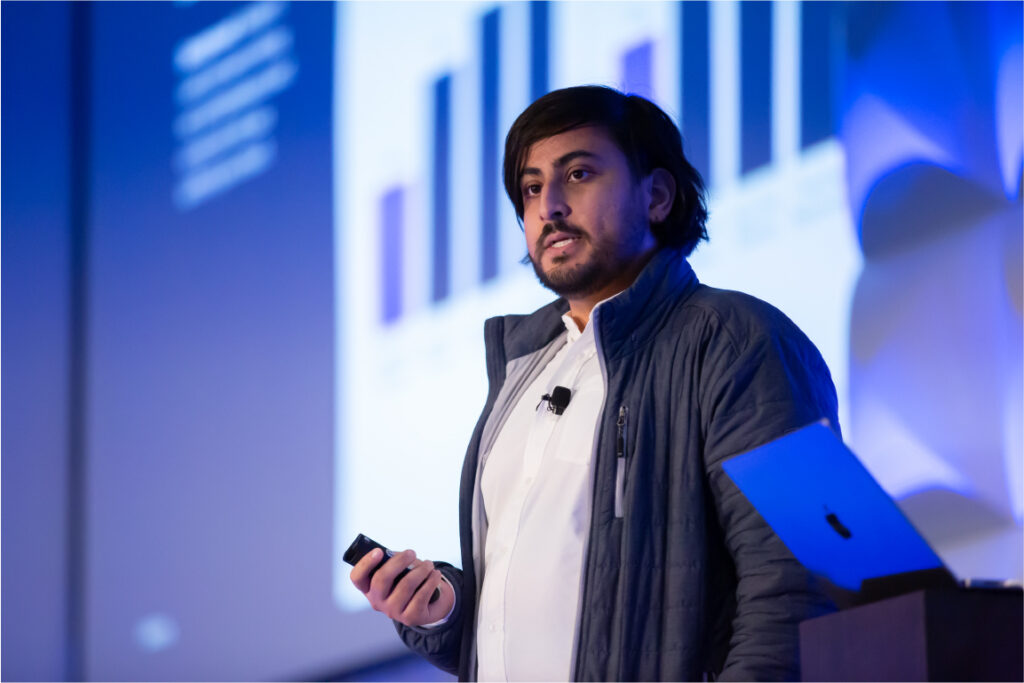
Zayd Enam co-founded Cresta, a company that helps people learn high-value skills using artificial intelligence.
Session 9 | Research
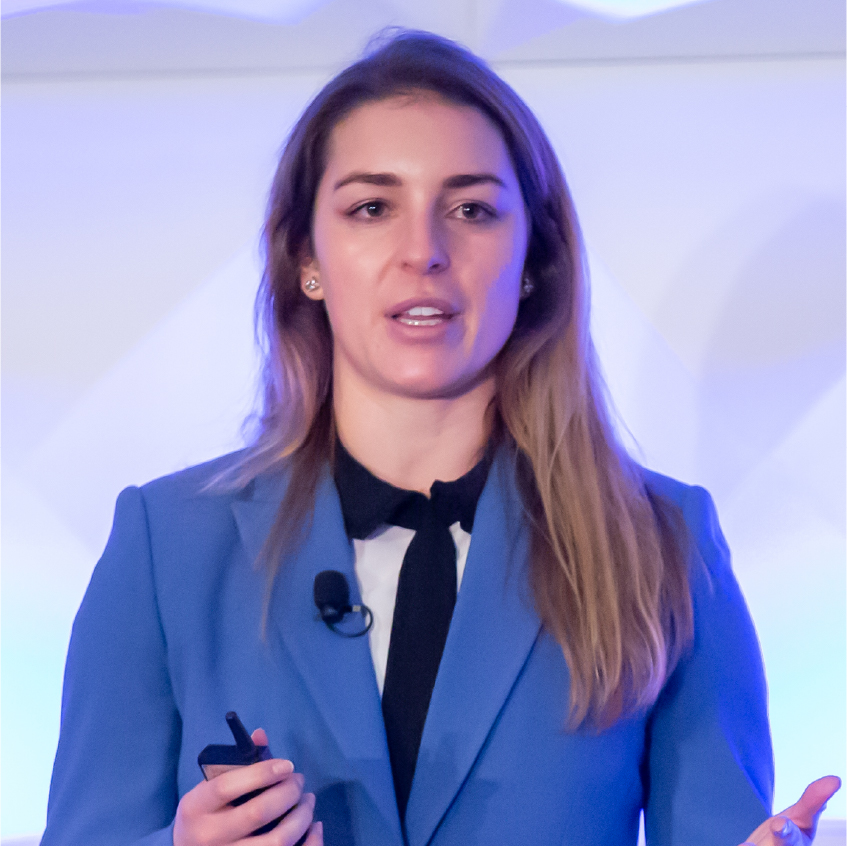
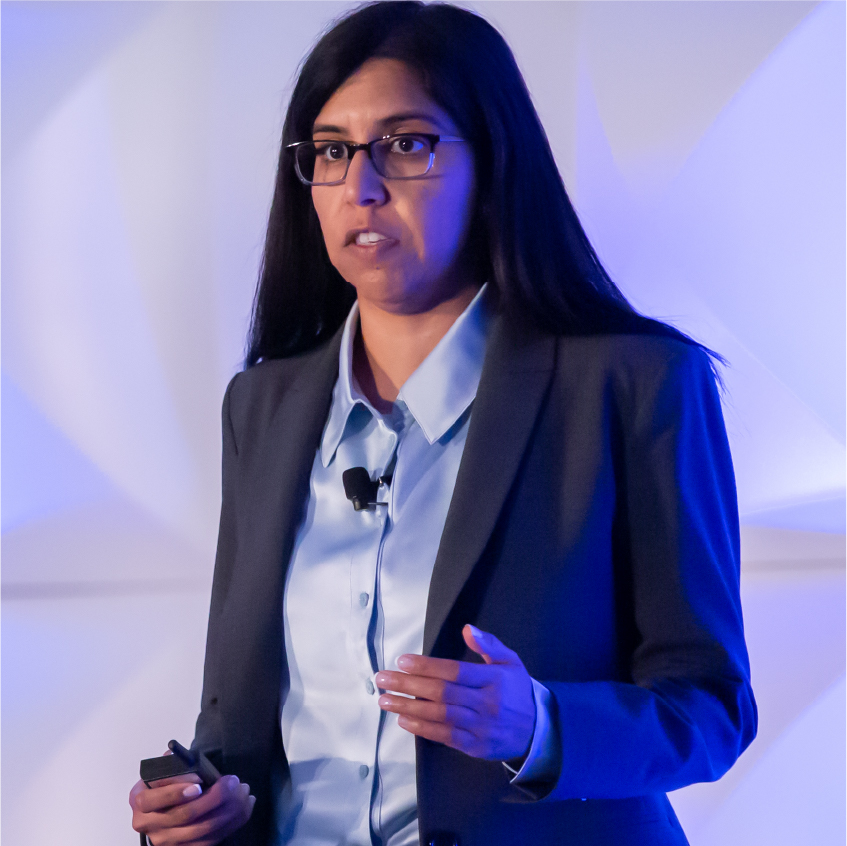
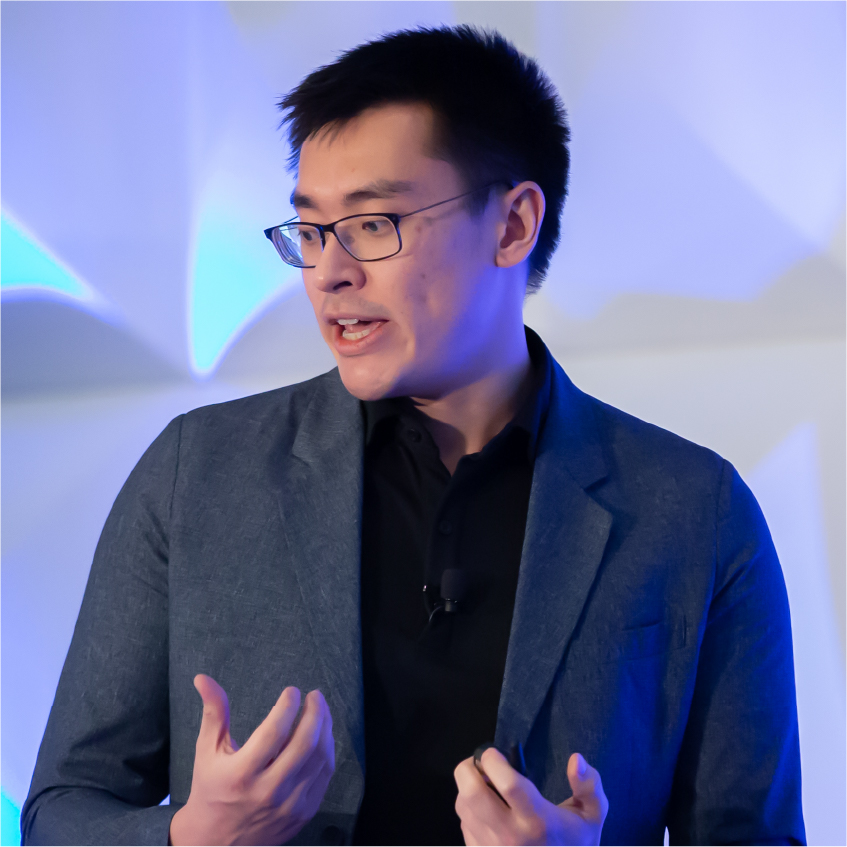
Session 10 | Keynote
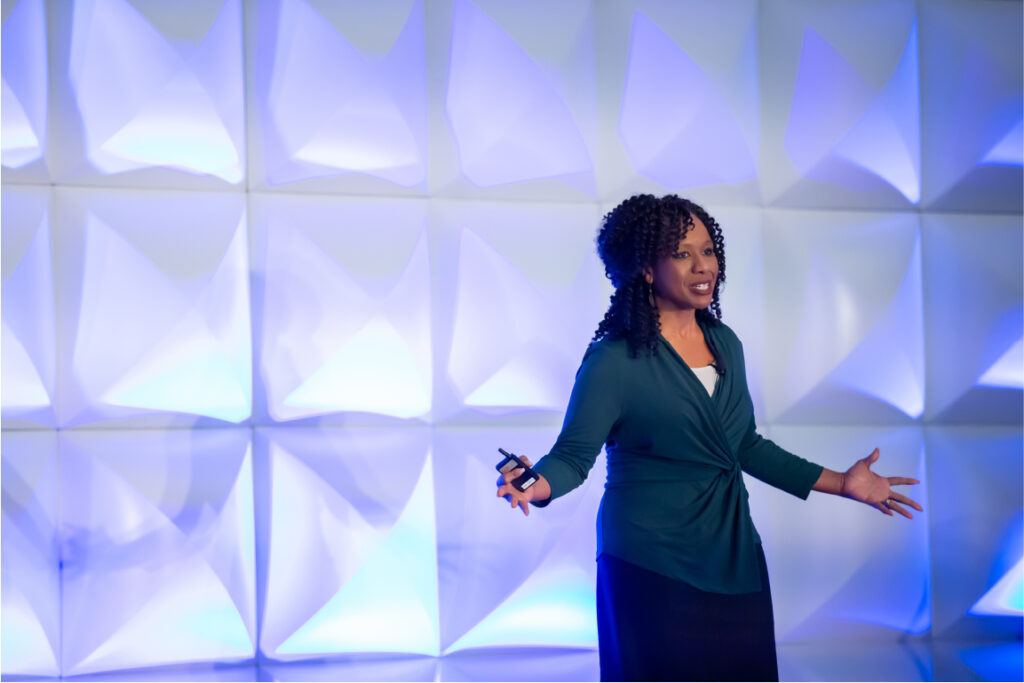
Nela Richardson, chief economist at ADP, closed the workshop with her keynote address, “AI’s People Problem.” Richardson talked about the relationship between artificial intelligence, data, and the labor market. “The problem is AI is only as good as the data that powers it,” she said.
28 minutes
These are just a few of the discussions you may have missed from our spring 2022 Seminar Series. Our bi-weekly series features a range of experts sharing their research on topics focused on AI and the digital economy. A big thanks to all the colleagues and collaborators who joined us to share their time and insights.
Robots at Work in China
February 7, 2022
Rob Seamans
NYU Stern School of Business
Drivers of Digital Attention: Evidence from a Social Media Experiment
February 28, 2022
Guy Aridor
Columbia University
Work2Vec: Measuring the Latent Structure of the Labor Markets in Economics
March 7, 2022
Daniel Rock
Wharton School of the University of Pennsylvania
The Digital Challenge to Public Libraries
April 4, 2022
Imke Reimers
Northeastern University
Does Model Understanding Improve Human Decision Making?
April 11, 2022
Hima Lakkaraju
Harvard University
If We Succeed
April 18, 2022
Russell Stuart
UC Berkeley
Free Speech, Platforms & the Fake News Problem
April 25, 2022
Marshall Van Alstyne
Boston University Questrom School
Firm Investments in Artificial Intelligence Technologies and Changes in Workforce Composition
May 9, 2022
Anastassia Fedyk
Haas School of Business. UC Berkeley
The Emerging New Economy: Causes and Consequences of Web 3.0
May 16, 2022
Sandy Pentland
MIT